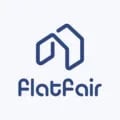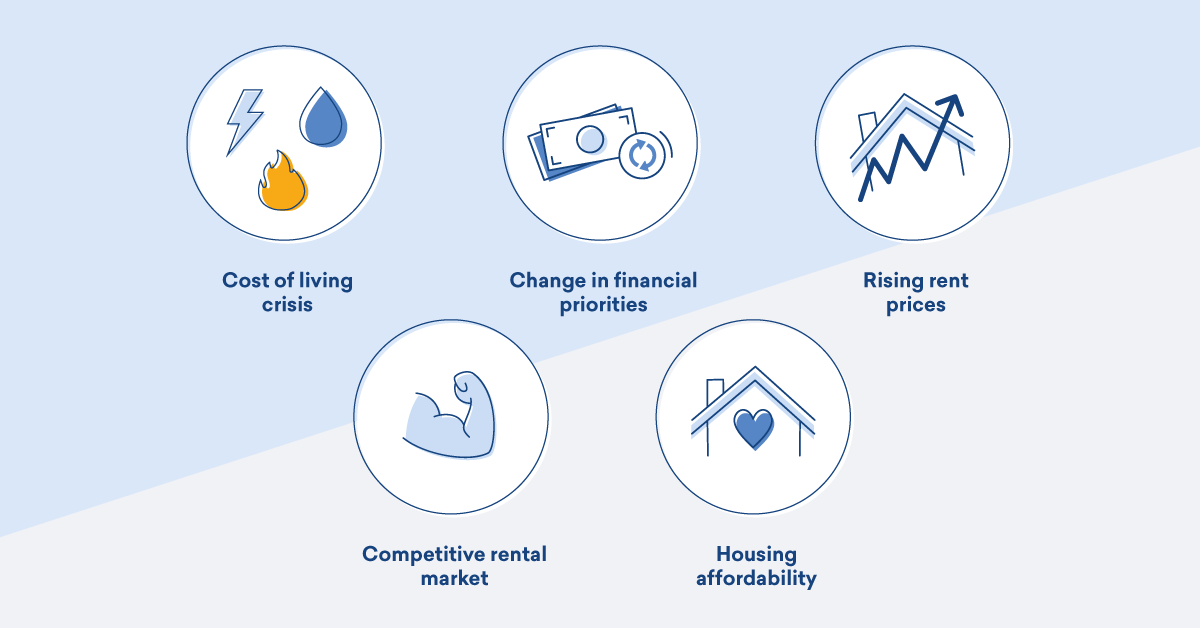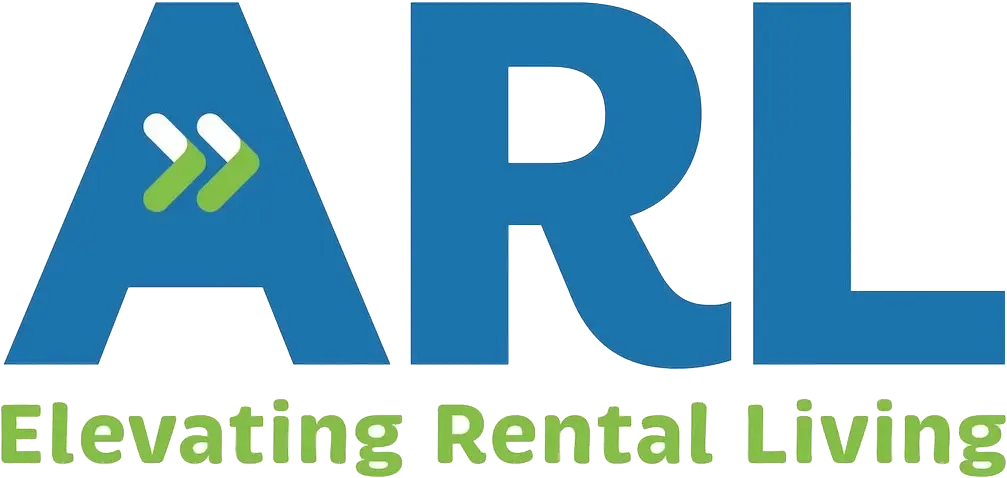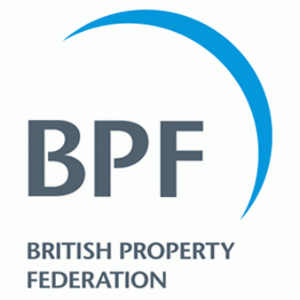In the last year, our deposit alternative, flatfair No Deposit has surged in demand with both tenants and landlords. In fact, we have seen a 30% increase in No Deposit plans compared to the same time last year, and 56% of tenants are selecting this over a traditional deposit.
A range of factors have contributed to this increase from the cost of living crisis and rising rent prices to challenges getting on the property ladder.
Cost of living crisis
With the cost of living crisis continuing to impact tenant affordability, there has been a notable rise in rent arrears. A survey by digital mortgage lender, Molo, revealed that nearly 60% of UK landlords have seen a rise in late rental payments, with the average amounting to £723.
As such, tenants are seeking more affordable options when moving into their new home, while landlords want the best protection possible at the end of tenancy. Both can be helped by using a deposit alternative. With flatfair No Deposit, tenants reduce their upfront move-in costs by paying just one week’s rent (+VAT), instead of a five week traditional deposit. Meanwhile, landlords receive up to 10 weeks protection in the event of damages and/or rent arrears, which is double that of a traditional deposit.
Change in financial priorities
Millennials and Generation Z make up 80% of the UK rental market. With the increase of these demographics entering the rental market, who often prioritise flexibility and have different financial priorities compared to previous generations, there has been an increase in demand for alternative solutions to traditional deposits.
These younger demographics are more likely to seek out options that offer lower upfront costs and do not require money to be stored away, moving between deposit schemes.
Rising rent prices
According to HomeLet, rent prices are 5.2% higher than the same time last year, leading to a corresponding increase in traditional deposit payments.
Given the current average UK rent, tenants typically need to pay around £2,922 when moving into a new property, which includes their five week deposit and first month’s rent. This excludes all of the other expensive costs associated with moving homes.
The average tenant choosing No Deposit, however, has saved £1000 on their upfront move-in costs, with many saving considerably more.
Competitive rental market
In today’s market, letting agents are seeking new ways to attract and retain landlords and tenants. Offering deposit alternatives can be a compelling incentive, making their landlords’ properties more appealing and accessible to a larger pool of high quality tenants.
Our partners report that properties advertised with No Deposit attract up to 70% more applicants, avoiding price reductions and delayed move-ins.
At a time when letting agents are struggling to attract new landlords, the added protection offered with flatfair No Deposit is proving to offer agents a competitive edge.
Housing affordability
According to Forbes, two and five-year fixed rate mortgages remain at a much higher level than in recent history. Until August, The Bank of England kept its benchmark Bank Rate at 5.25%, which was a 16-year high. Recently, the rate dropped slightly to 5%, which is still higher than historic figures.
This significantly impacts first-time buyers, who are struggling to save the large amounts needed for a deposit. Which isn’t helped by the rising rent prices and therefore traditional deposits, which result in large cash outflows for tenants, impacting their chances to save and get on the property ladder.
It also impacts those looking to re-mortgage and negotiate a new deal. Landlords experiencing this must change their rent prices accordingly, and this results in higher prices for tenants, further showing the need for tenants to make smart savings where possible.
These economic, social, and technological factors demonstrate why there is a rapid increase in demand for rental deposit alternatives in today's rental market.
Want to learn more about the range of benefits our deposit alternative provides you and your customers? Book a no-obligation call today.










